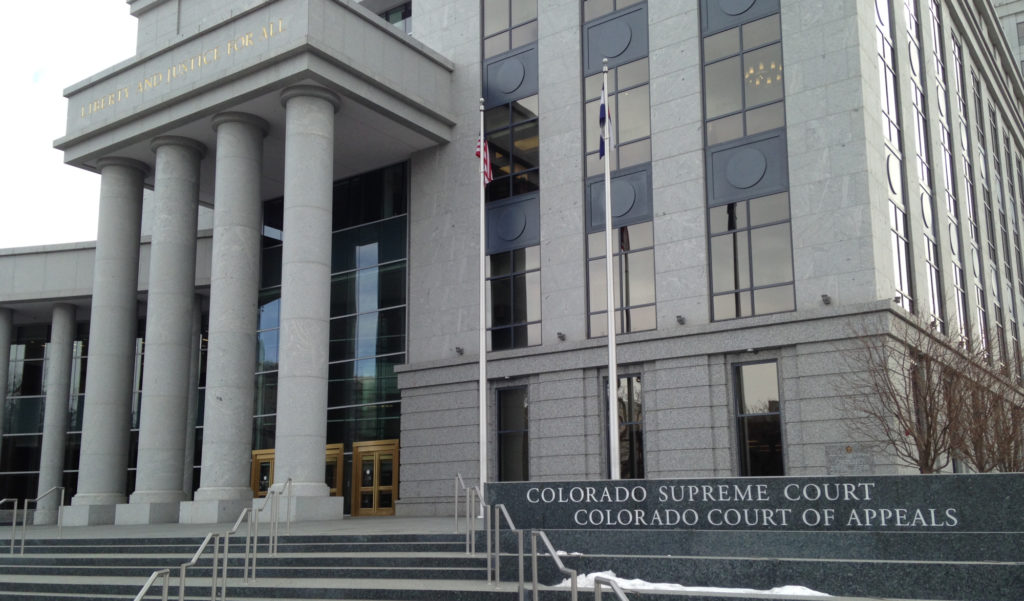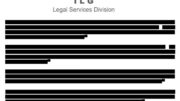By Jeffrey A. Roberts
CFOIC Executive Director
Seven years after a judge sealed court documents requested by The Denver Post in a case concerning a Vail anesthesiologist who died of a drug overdose, the Colorado Court of Appeals has ordered the entire case file opened.
The state’s second-highest court ruled Thursday that the Eagle County District Court failed to “weigh the proper interests” after it was asked to review the sealing order in 2022.
The district court had declined to unseal the records because it deemed allegations made in the case not credible and potentially damaging to the Vail Valley Medical Center (VVMC), which employed the anesthesiologist. But under the Colorado Rules of Civil Procedure, “the only interest that can justify sealing court files is a privacy interest,” appellate Judge Neeti Pawar wrote.

“To be sure, publicizing the allegations could have caused VVMC reputational harm,” she added. “But this harm seems independent of privacy concerns and is generally insufficient to justify sealing the files.”
The Post reported on the anesthesiologist’s death in an April 2016 story about hospital workers who were caught stealing narcotics but kept their licenses. Earlier, the medical center had obtained an injunction against one of the anesthesiologist’s former patients who “threatened to publish allegations against her and VVMC in the local newspaper related to the anesthesiologist’s illegal use of narcotics and VVMC’s alleged failure to properly address it,” the Court of Appeals opinion says.
When Post reporters asked to review those court records, the judge sealed the case file.
To keep the records under seal, the medical center “had to show that harm to its privacy interest outweighed the public interest in access to court files,” Pawar wrote in the opinion. “VVMC articulated only harm to its interest in avoiding reputational harm.”
The medical center argued the seal was necessary to keep the former patient’s allegations from becoming public. “But for the most part, that ship has sailed,” Pawar wrote, noting that the substance of the allegations appeared in a Colorado Supreme Court petition to dissolve the injunction and in the 2016 Post article. “Any reputational harm that VVMC seeks to avoid by maintaining the seal has therefore already occurred.”
According to The Post, the medical center’s safety manager told police she doubted the drugs used by the anesthesiologist had come from Vail Valley. “But a hospital report to the state showed (the anesthesiologist) had removed fentanyl, a powerful narcotic, and another drug illegally.”
“So how did the Vail hospital inform the public about the death of a drug-addicted anesthesiologist in February 2014? It didn’t,” the article adds.
Sports Rehab Consulting and Lindsay Winninger, parties in a separate lawsuit involving the medical center, sought to open the case file The Post wasn’t allowed to see. In an appellate brief, they noted the Eagle County District Court judge who sealed the records had been treated for a heart attack at the Vail medical center. But an attorney for the medical center called their “attempt to disqualify” the judge “untimely and moot” because the judge had retired.
Pawar’s ruling with appellate Judges Rebecca Freyre and Karl Schock didn’t address that issue or whether the district court judge should have sealed the case file seven years ago.
The Court of Appeals opinion was not published, meaning it does not set precedent for other courts in Colorado.
Follow the Colorado Freedom of Information Coalition on Twitter @CoFOIC. Like CFOIC’s Facebook page. Do you appreciate the information and resources provided by CFOIC? Please consider making a tax-deductible donation.




